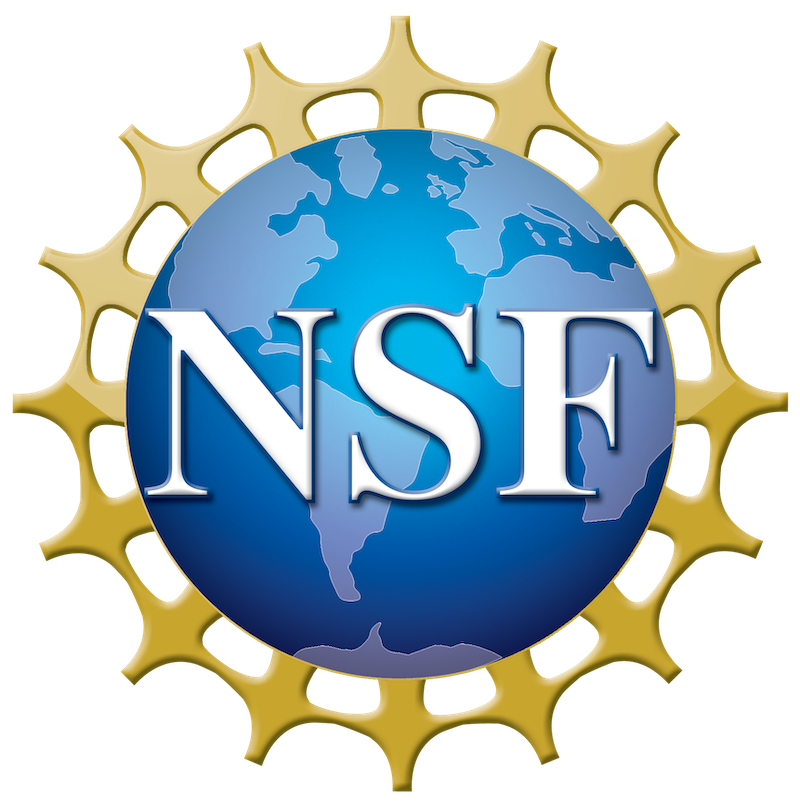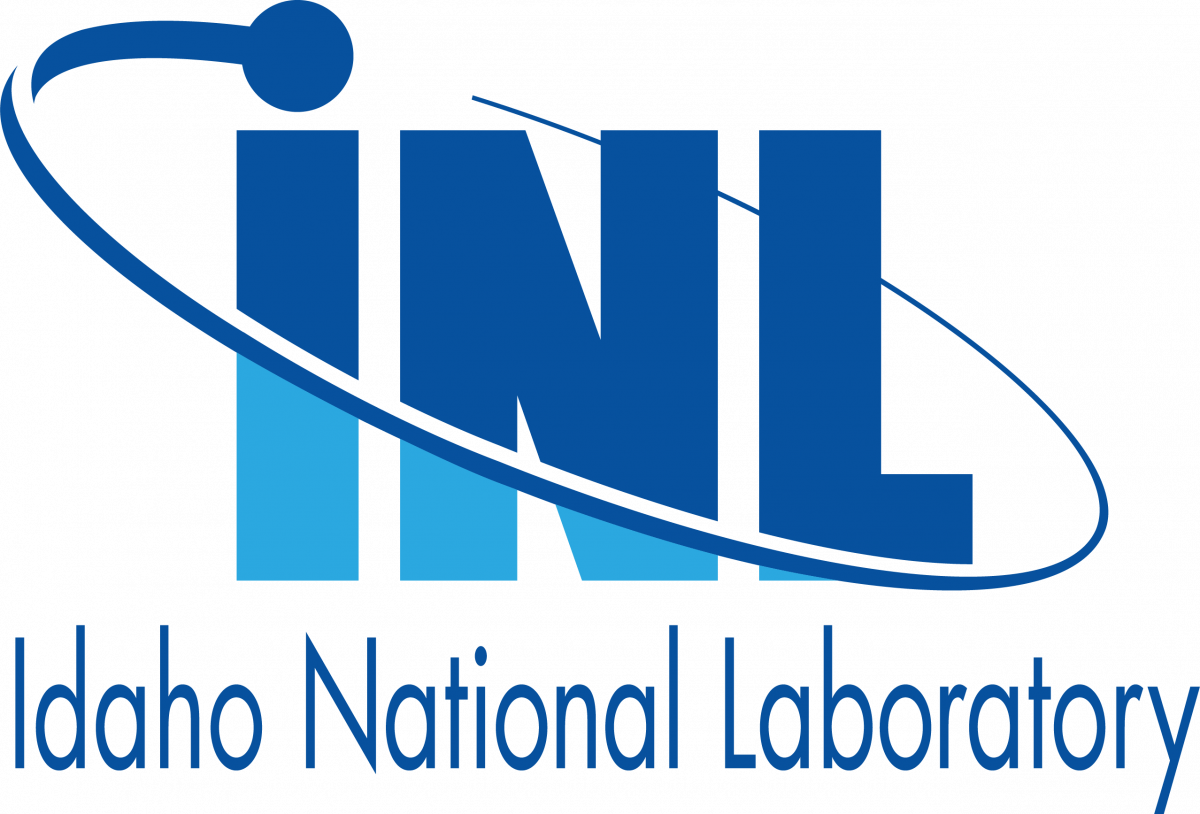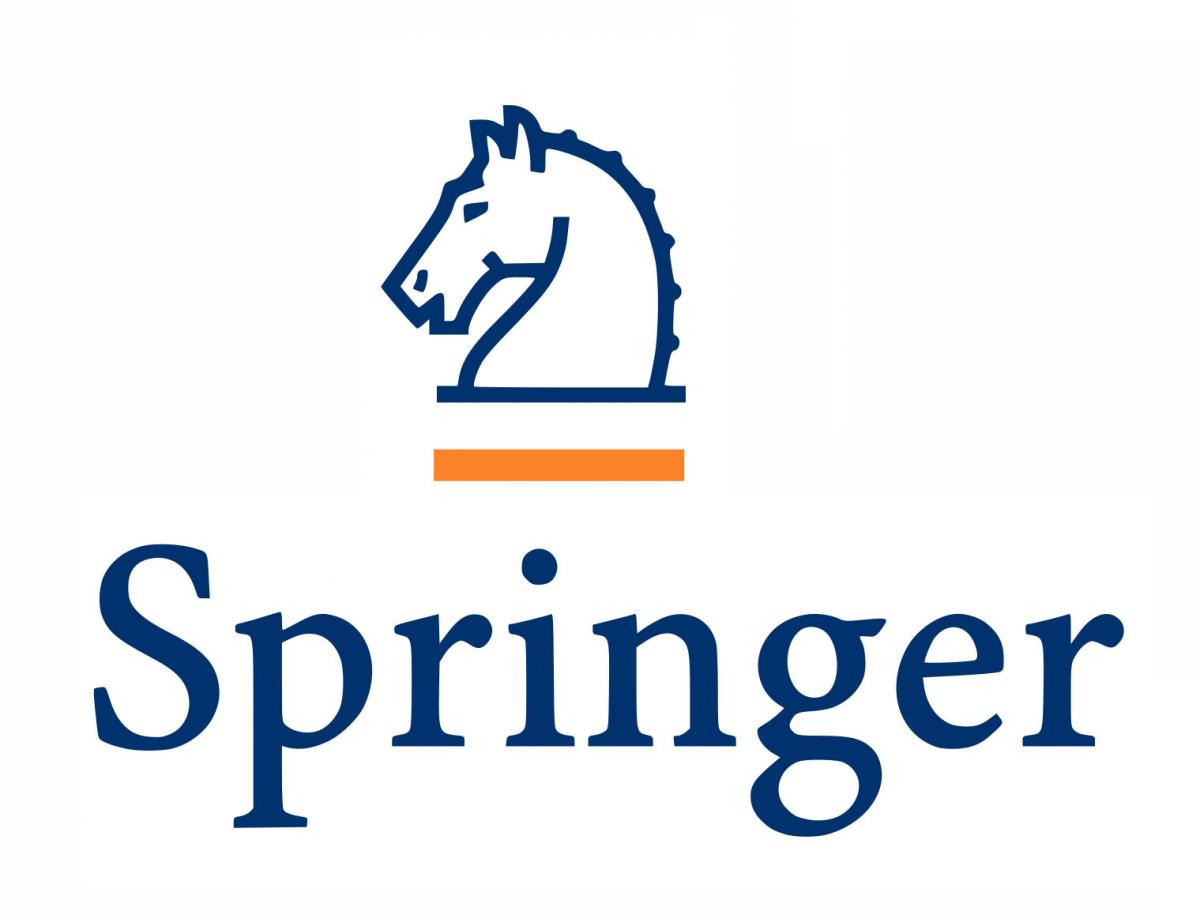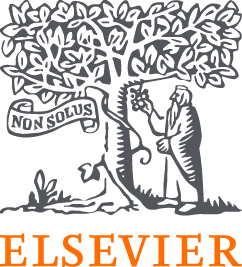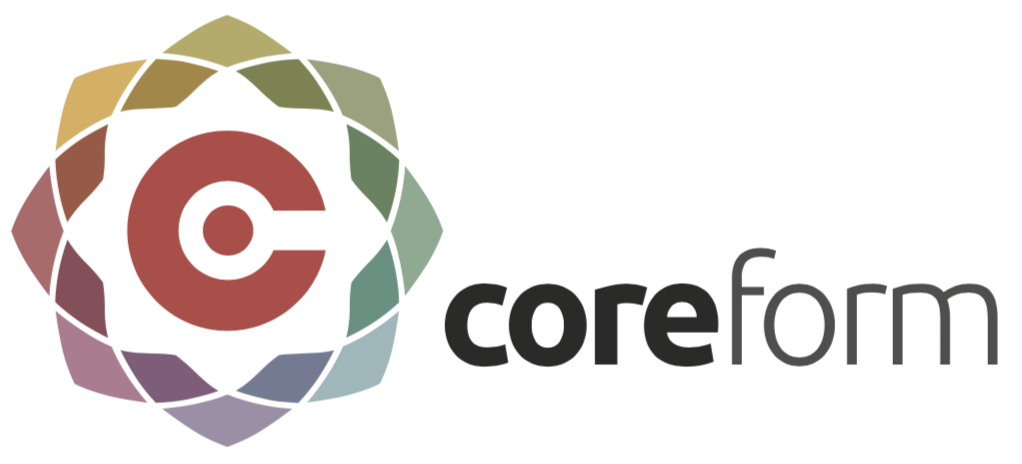- Manifold learning enhanced data-driven modeling of nonlinear materials
- Dimension reduction by manifold learning and autoencoders
- Geometric learning for predicting path-dependent constitutive responses
- Representation learning for high-dimensional data with physics constraints
- Reduced-order modeling for fracture and thermal fatigue problems
Provisional schedule
|
Time |
Agenda |
|
8 weeks before USNCCM |
Short course webpage |
|
4 weeks before USNCCM |
Code repository |
|
Offline lecture |
Overview (Instructor: Chen & Sun) |
|
Offline lecture |
Practical tutorial: TensorFlow, PyTorch, Jupiter notebook, cloud computing, code binding (Instructor: Vlassis & Sun) |
|
8:30am -9:30 am |
Deep geometric learning 1: graph embeddings for constitutive modeling and reduced-order modeling with limited data (Instructor: Sun) |
|
9:30am -9:45am |
Coffee Break |
|
9:45am - 10:45am |
Manifold Based Learning and Data-Driven Computing for Nonlinear Solid Mechanics: Dimension Reduction and Thermodynamics (Instructor: Chen) |
|
10:45am-11:00am |
Coffee break |
|
11:00am-noon |
Jupiter Lab 1 |
|
noon - 1:00pm |
Lunch break |
|
1:00pm-2:00pm |
Neural Network Enhanced Computational Mechanics for Localization Problems (Instructor: Chen) |
|
2:00pm-2:15pm |
Coffee break |
|
2:15pm-3:15pm |
Deep geometric learning 2: Geometric autoencoder and optimal transport for de-noising of data for elasticity (Instructor: Bahmani, & Sun) |
|
3:15pm-3:30pm |
Coffee break |
|
3:30pm-4:30pm |
Jupiter Lab 2 |
Expected and the minimal number of participants: Expected = 20.


